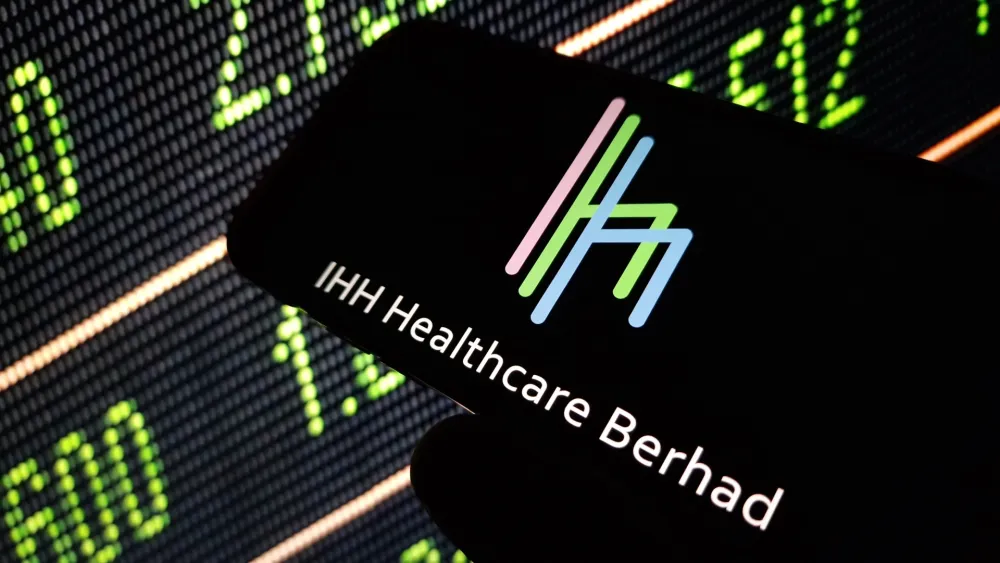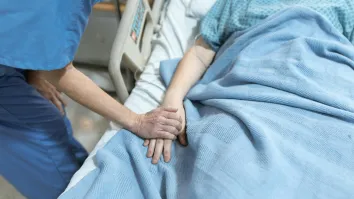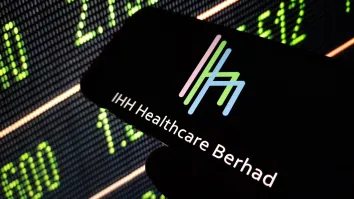
Universal healthcare fails India's poorest patients: report
Struggling families face bankruptcy to cover costs.
Levels of public spending for health in India remain amongst the lowest in the world, pushing a large proportion of its population into poverty as they scramble to cover their own health expenses, according to a report by Oxfam.
Paying for medicines is the chief cause of poverty for many families, the report highlighted. “The poorest patients either have to cope with very poor public providers or take their chances with an array of unregulated quacks and other private providers, often bankrupting themselves in the process,” Oxfam noted.
Also read: India unveils world's largest free health insurance programme
Whilst universal health insurance coverage was launched in 2018, powerful private health corporations have escalated the cost of government-paid health insurance premiums three and a half times in some states. Some have even threatened to withdraw services if governments do not comply.
The report revealed that 4 in 5 (80%) of payments to the government health insurance end up in the pockets of private healthcare providers.
“Evidence across different states confirms unethical and corrupt practices by private providers, include charging the government for bogus patients, refusing free treatment to poor patients, and delivering unnecessary interventions and medication,” the Oxfam added.



















 Advertise
Advertise






